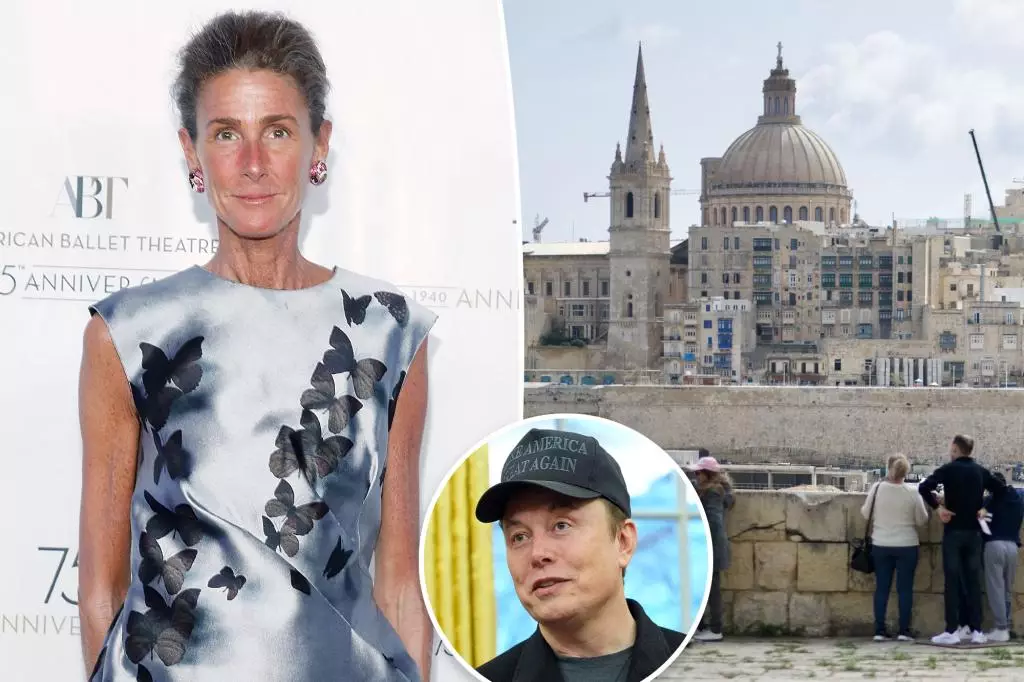The realms of diplomacy are not only defined by great political maneuvers but also by the personal connections and high society clout of those who occupy such coveted positions. With recent reports indicating that numerous embassies and consulates might face closure under the current U.S. administration, a puzzling scenario emerges for some newly nominated ambassadors. This precarious situation raises critical questions about the future of diplomatic missions and the implications for a select group of socialite ambassadors who have garnered attention due to their ties rather than traditional credentials.
Profiles in Ambassadorship
Take the case of Somers Farkas, an individual whose reputation is deeply entrenched in the lavish social circles of New York City. Her nomination as ambassador to Malta, pending Senate approval, speaks volumes about the blend of philanthropy and privilege that often pervades such selections. Farkas, who boasts connections through her marriage to a department store heir and her role as a trustee of the New York City Police Foundation, embodies the type of candidate that draws both admiration and skepticism. Endorsements from the President, who lauds her varied accomplishments, illustrate a broader trend wherein social capital sometimes supersedes diplomatic experience.
Yet, the unsettling prospect of embassy closures looms large. With insiders expressing doubt about the practicality of her new role—in light of rumored diplomatic downsizing—one wonders about the qualifications underpinning appointments influenced by elite social standings rather than substantive expertise. The comic image of displaced ambassadors pitching tents in foreign lands only underscores the absurdity of the political landscape at play.
Dangers of Diplomacy by Celebrity
Engaging in a risky bet, the administration’s strategy appears to prioritize appointments of high-profile personalities such as Stacey Feinberg and Kimberly Guilfoyle, who carry distinct personal brands rather than extensive diplomatic backgrounds. While Feinberg’s experience in Broadway musicals and motivational speaking brings a unique flair to the position in Luxembourg, it raises eyebrows about the effectiveness of leadership when essential diplomatic skills may be sidelined.
This trend toward celebrity diplomats could dilute the seriousness of international relations, where nuanced understanding and communication are paramount. The spectacle surrounding such appointments can distract from the core objectives of diplomacy—building relationships founded on trust, understanding, and mutual respect. Persuading a head of state might be more complex than delivering a rousing speech to a crowd or charming a gala audience.
A Future in Flux
While some insiders allege that plans regarding embassy closures remain unfinalized, the implications of this uncertainty are profound. Embassies act as vital lifelines, fostering communication and cooperation with foreign governments. The potential loss of these institutions hints at a strategic retreat that could embolden adversaries and destabilize regions where U.S. presence is crucial.
The appointment of influential yet underqualified ambassadors is a delicate balancing act, one that could jeopardize not only their careers but also the diplomatic integrity of the United States. In an increasingly complex global landscape, this blend of glamour and uncertainty paints a worrying picture of the evolution of American diplomacy, where the urgency for a strong, diplomatic foundation may soon face the whims of celebrity and privilege.

